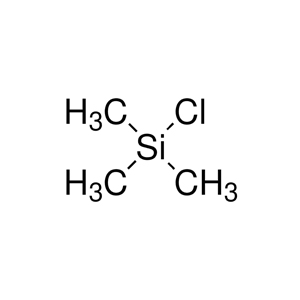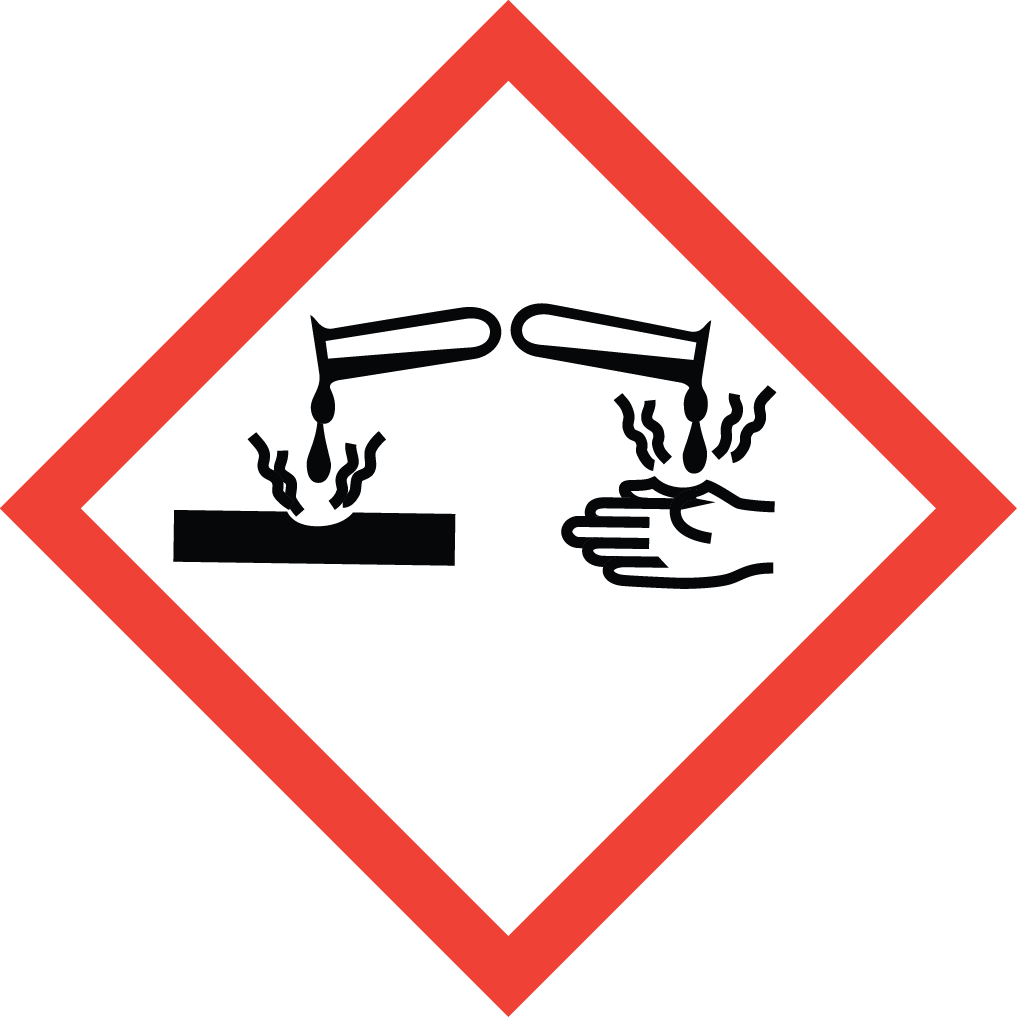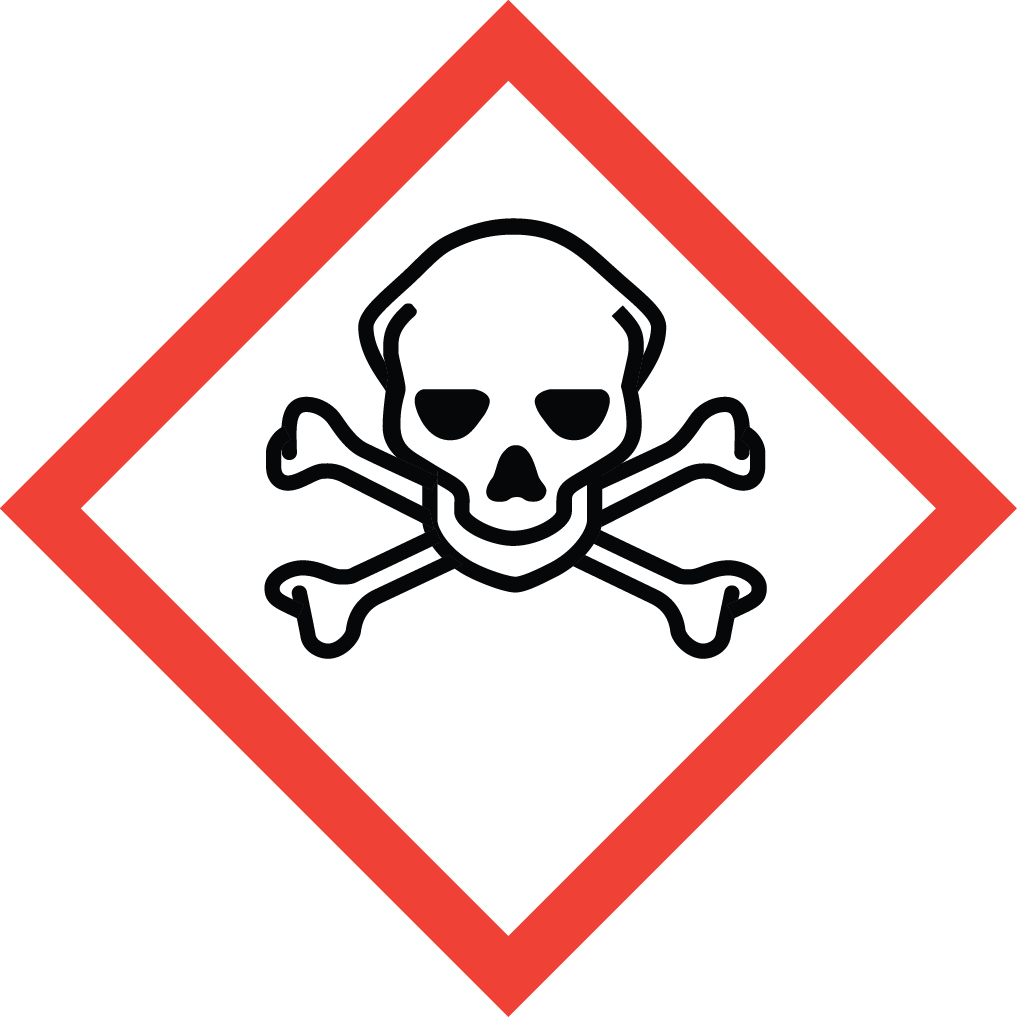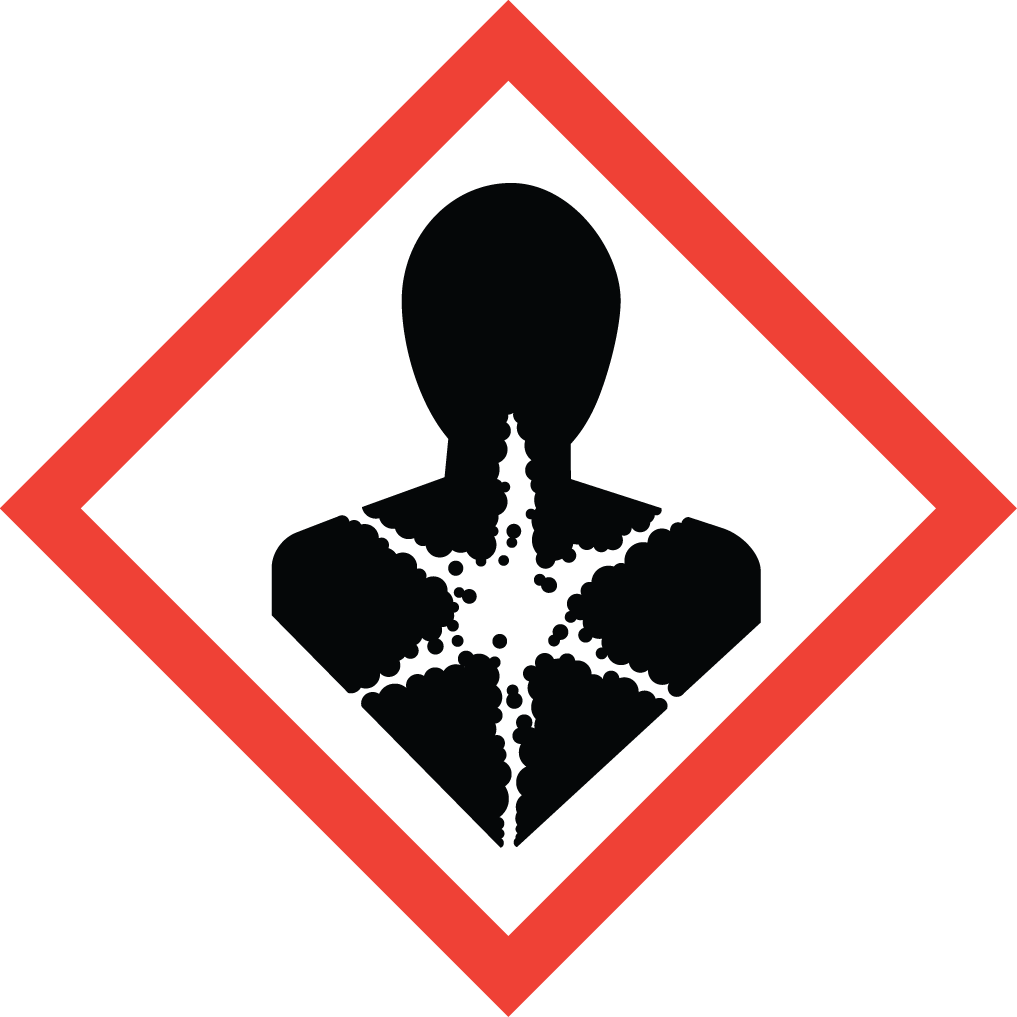Aure Chemical Delivers Excellence in Thionyl Chloride
Aure Chemical is a premier global supplier of high-quality Thionyl Chloride (SOCl₂), also commonly known as Sulfinyl Chloride. Identified by its CAS number 7719-09-7, this inorganic compound is a colorless to pale yellow fuming liquid with a pungent odor. Thionyl Chloride is a highly versatile and powerful chlorinating and dehydrating reagent, renowned for its efficiency and the clean nature of its reactions. It plays an indispensable role in organic synthesis, particularly for converting carboxylic acids into highly reactive acyl chlorides and alcohols into alkyl chlorides, with gaseous byproducts (sulfur dioxide and hydrogen chloride) that are easily removed. Its wide-ranging applications span the manufacturing of pharmaceuticals, agrochemicals, dyes, and various other specialty chemicals. Aure Chemical's unwavering commitment to excellence ensures that our Thionyl Chloride meets the stringent purity and performance requirements for your most demanding industrial and laboratory applications, guaranteeing consistency, safety, and reliability.
Basic Information of Trimethylsilyl Chloride
Thionyl Chloride (CAS No. 7719-09-7) is meticulously produced and rigorously tested to meet stringent quality standards. We ensure exceptional purity and consistent performance, essential for your critical applications:
| CAS No.: | 7719-09-7 |
|---|
| EC No.: | 231-748-8 |
|---|
| Linear Formula: | SOCl₂ |
|---|
| Molecular Weight: | 118.97 |
|---|
| Appearance: | Colorless to pale yellow, fuming liquid. |
|---|
| Odor: | A pungent odor |
|---|
| Melting Point: | -105 °C |
|---|
| Boiling Point: | 79 °C(lit.) |
|---|
| Density: | 1.64 g/mL at 20 °C |
|---|
| Solubility: | Highly reactive with water (hydrolyzes rapidly to HCl and SO₂, alcohols, carboxylic acids, and amines. Powerful chlorinating and dehydrating agent. |
|---|
| Reactivity: | Highly corrosive to metals in the presence of moisture and to organic tissues. |
|---|
| Corrosivity: | Highly corrosive to metals in the presence of moisture and to organic tissues. |
|---|
| Fuming: | Fumes strongly in moist air. |
|---|
| RIDADR: | UN 1836 8/PG 1 |
|---|
| Chemical Structure: |  |
|---|
Our commitment to delivering high-purity Thionyl Chloride ensures a reliable and efficient component for your critical processes, offering consistent quality for diverse industrial needs, while prioritizing uncompromising safety in handling and logistics.
Primary Applications of Thionyl Chloride
Thionyl Chloride's unique chemical properties, particularly its efficiency as a chlorinating and dehydrating agent with gaseous byproducts, make it an indispensable reagent with extensive applications across various chemical synthesis pathways:
Synthesis of Acyl Chlorides:
One of its most important uses is in the conversion of carboxylic acids into acyl chlorides (RCOCl). This reaction is highly efficient and clean, making acyl chlorides readily available for subsequent organic reactions, such as ester or amide formation.
Synthesis of Alkyl Chlorides:
It is widely employed to convert alcohols into alkyl chlorides (RCl). This is a preferred method as it avoids rearrangements often seen with other chlorinating agents and produces gaseous byproducts.
Pharmaceutical Manufacturing:
Thionyl Chloride serves as a crucial intermediate and reagent in the synthesis of various active pharmaceutical ingredients (APIs) and their intermediates, particularly where precise chlorination or dehydration is required.
Agrochemical Production:
It is used in the synthesis of numerous agrochemicals, including pesticides, herbicides, and fungicides, where chlorine atoms need to be introduced into complex organic molecules.
Dye and Pigment Industry:
Used in the production of certain dyes and pigments, often as a chlorinating agent or for preparing reactive intermediates.
Dehydrating Agent:
Due to its strong affinity for water, it acts as an effective dehydrating agent in specialized chemical reactions and for drying solvents.
Other Specialty Chemical Synthesis:
Plays a role in the synthesis of other specialty chemicals, including fire retardants, polymers, and catalysts.
Why Choose Aure Chemical for Your Thionyl Chloride Supply?
Aure Chemical is dedicated to providing superior chemical solutions and unparalleled customer support. By partnering with us for your Thionyl Chloride requirements, you benefit from:
Exceptional Purity & Consistent Quality: Our Thionyl Chloride is manufactured to stringent purity specifications, crucial for optimizing performance and yield in sensitive chemical synthesis reactions, such as those in pharmaceutical and fine chemical production.
Uncompromising Safety & Compliance: Given the extreme hazards associated with Thionyl Chloride, Aure Chemical maintains world-class safety standards. Our manufacturing, storage, and transportation protocols are meticulously designed to adhere strictly to international safety regulations and best practices, ensuring maximum security for this highly reactive material.
Reliable Global Supply Chain: We maintain a robust and efficient global supply network, guaranteeing timely and secure delivery of this critical chemical to your facilities worldwide, with specialized logistics for hazardous and corrosive liquids.
Expert Technical & Safety Support: Our dedicated team of experienced chemists and highly trained safety specialists is readily available to offer comprehensive guidance on product application, stringent safe handling procedures, emergency response planning, and optimal storage conditions for Thionyl Chloride.
Commitment to Quality & Responsible Stewardship: We adhere to the highest industry standards for quality management, environmental responsibility, and product stewardship across all our operations, ensuring peace of mind for our clients and the responsible management of hazardous chemicals.
Choose Aure Chemical for a trustworthy and dependable supply of high-quality Thionyl Chloride. We're ready to support your most demanding and innovative industrial processes with an unwavering commitment to safety and excellence.
Hazards Classification
GHS Classification: Corrosive (GHS05), Acute Toxicity (GHS06), Health Hazard (GHS08)
Hazard Statements: Causes severe skin burns and eye damage; fatal if inhaled; may cause respiratory irritation; reacts violently with water.
UN Number: UN 1836
Hazard Class: 8 (Corrosive Substances)
Packing Group: I
 GHS05: Corrosive
GHS05: Corrosive GHS06: Acute toxicity
GHS06: Acute toxicity GHS08: Health hazard
GHS08: Health hazard
